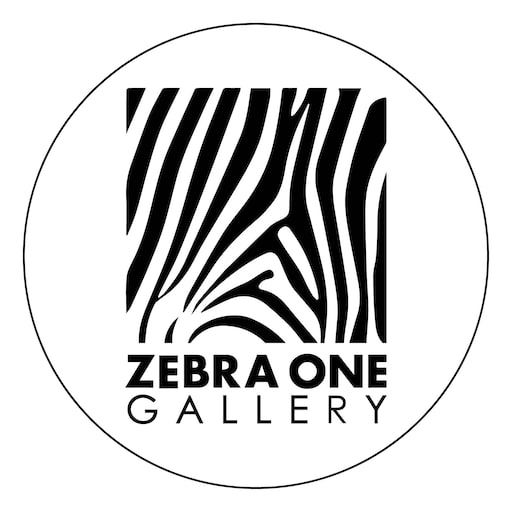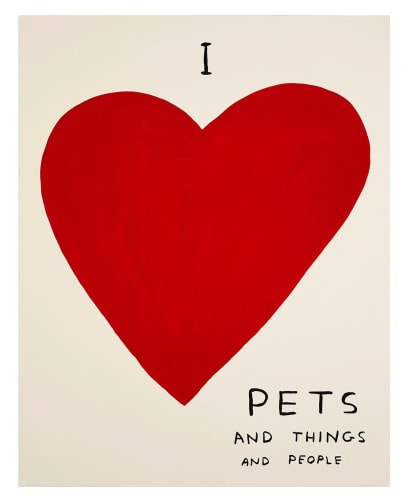I'm not pretending to be somebody who's got really limited craft skills. I just am a person who's got really limited craft skills.
Combining a simple, cartoonish style with hand-rendered text, David Shrigley's drawings, painting, sculptures, and installations extend a range of commentaries on the everyday, from satirical personal observations to political critique.
Central to Shrigley's practice are his drawings, rendered in a crude doodle and often accompanied by short texts. 'Lockdown Drawings' (2020), which consists of more than 340 untitled ink drawings made during a COVID-19 lockdown, is representative of his characteristic wit. One drawing portrays an absurd but endearing situation of a dog confessing to bad behaviour ('I ate some of your clothes / I realise now that it was wrong'), while another, captioned 'cat watches your seizure', steers towards the acerbic.
In his works employing taxidermy animals, David Shrigley often explores the relationship between image and text to trigger a chain of associations. The headless Ostrich (2009), for example, recalls the related saying about burying one's head in the sand. In I'm Dead, a taxidermy dog (2010) or cat (2011) holds up a sign with the title of the work in an ironic play on the figure and semantics—speechless, animals rely on signs, but these signs only reveal that their bearers' ability to communicate has been severed.
The eccentricity of David Shrigley's drawings is also a feature of his paintings. During his residency at Two Rooms, Auckland, in 2015, the artist initiated the 'Sixteen paintings in sixteen days' project. It was the first time the artist had engaged with oil painting on stretched canvas since his graduation from The Glasgow School of Art in 1991. In his 2015 conversation with Ocula Magazine, Shrigley discussed the difference between painting and drawing, noting his complete freedom with the latter.
Obscuring distinctions between high and low art, Shrigley has dispersed his artworks in different forms. The artist's books of drawings feature titles such as Why We Got the Sack from the Museum(1998) and Ants Have Sex in Your Beer (2007), and offer outlandish, candid observations of the everyday. Really Good (2016)—a seven-metre-high sculpture created for the Fourth Plinth in Trafalgar Square—has been rendered as an animation, merchandise goods, and smaller sculptures.
David Shrigley was nominated for the 2013 Turner Prize for Brain Activity: a mid-career retrospective exhibition at London's Hayward Gallery. Lose Your Mind—a touring exhibition of his work organised by the British Council—was presented at six venues between 2015 and 2018, including the Centre of Contemporary Art, Christchurch; Santiago Museum of Contemporary Art; and the Power Station of Art, Shanghai. Shrigley was awarded an OBE for his services to the visual arts in 2020.

